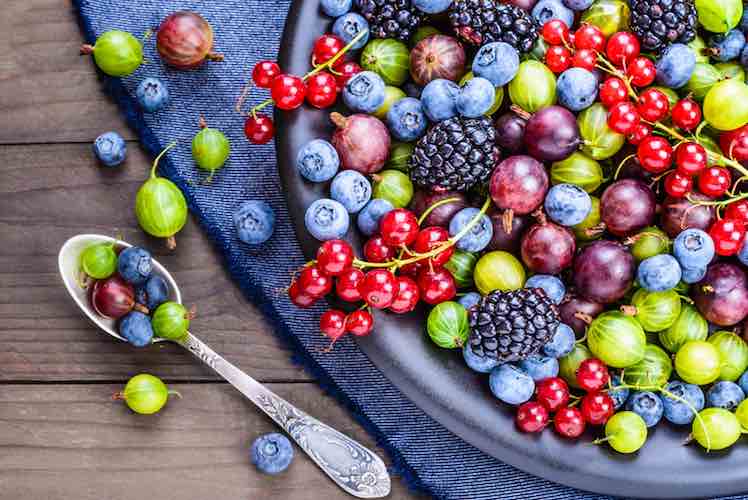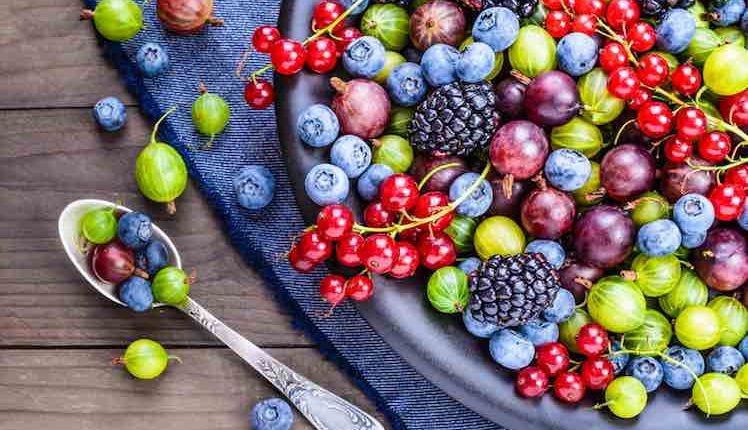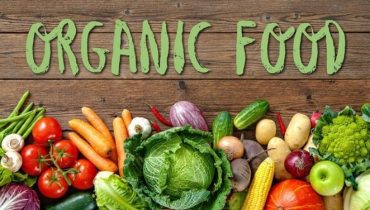Antioxidants have garnered considerable attention in recent years for their potential health benefits. These compounds play a crucial role in protecting our cells from oxidative stress, which is linked to various chronic diseases and aging processes. This article explores the importance of antioxidants in maintaining overall health, their sources in the diet, and practical tips for incorporating them into your daily routine.
What Are Antioxidants?
Antioxidants are molecules that neutralize free radicals in the body. Free radicals are unstable molecules produced naturally during metabolism or in response to environmental factors such as pollution, UV radiation, and smoking. When left unchecked, free radicals can damage cells and contribute to the development of chronic conditions like heart disease, cancer, and neurodegenerative disorders.
Health Benefits of Antioxidants
Protection Against Oxidative Stress
The primary role of antioxidants is to combat oxidative stress by neutralizing free radicals. This process helps prevent cellular damage and supports overall cellular health. By reducing oxidative stress, antioxidants may help lower the risk of chronic diseases associated with aging and inflammation.
Support for Immune Function
Antioxidants also play a vital role in supporting immune function. They help maintain the integrity of immune cells and enhance their ability to defend against pathogens. This can result in fewer infections and a stronger immune response.
Anti-Inflammatory Properties
Some antioxidants have anti-inflammatory properties, which can help reduce inflammation throughout the body. Chronic inflammation is linked to various health problems, including arthritis, cardiovascular disease, and autoimmune disorders. By mitigating inflammation, antioxidants may contribute to better overall health and reduced disease risk.
Skin Health and Aging
Antioxidants are widely recognized for their benefits in promoting skin health and reducing signs of aging. They help protect skin cells from damage caused by UV rays and environmental pollutants, which can lead to wrinkles, age spots, and other skin issues. Antioxidants like vitamins C and E, and compounds such as polyphenols, are often included in skincare products for their rejuvenating effects.

Common Antioxidants and Their Sources
Vitamin C
Vitamin C is a potent antioxidant that supports immune function, collagen production, and skin health. It is found in citrus fruits (oranges, lemons), strawberries, kiwi, bell peppers, and broccoli.
Vitamin E
Vitamin E protects cell membranes from oxidative damage and supports cardiovascular health. Good sources include nuts (almonds, sunflower seeds), seeds (flaxseeds), spinach, and avocado.
Beta-Carotene
Beta-carotene is a precursor to vitamin A and acts as an antioxidant that supports eye health and immune function. It is abundant in carrots, sweet potatoes, spinach, kale, and butternut squash.
Selenium
Selenium is a trace mineral that works with other antioxidants to protect cells from oxidative stress. Sources include Brazil nuts, seafood (tuna, shrimp), whole grains, and eggs.
Flavonoids
Flavonoids are a group of plant compounds with antioxidant and anti-inflammatory properties. They are found in fruits (berries, apples), vegetables (onions, spinach), tea (green tea), and dark chocolate.
Polyphenols
Polyphenols are antioxidants found in plant foods that contribute to their vibrant colors and health benefits. They are abundant in berries, grapes, cherries, cocoa, and red wine.
Incorporating Antioxidants into Your Diet
Eat a Variety of Colorful Fruits and Vegetables
Different antioxidants provide unique health benefits, so aim to include a rainbow of fruits and vegetables in your diet. Opt for dark leafy greens, berries, citrus fruits, and colorful peppers to maximize your antioxidant intake.
Choose Whole Grains and Nuts
Whole grains such as oats, brown rice, and quinoa, along with nuts and seeds, are good sources of vitamin E and selenium. Incorporate these foods into meals and snacks to boost your antioxidant levels.
Enjoy Herbal Teas and Green Tea
Herbal teas like chamomile and peppermint, as well as green tea, contain beneficial antioxidants such as flavonoids. Enjoy them as part of your daily hydration routine for added health benefits.
Use Healthy Cooking Oils
Replace refined oils with healthier options like olive oil or avocado oil, which contain antioxidants and are rich in monounsaturated fats. These oils can help protect cells from oxidative damage during cooking.
Antioxidants play a critical role in protecting cells from oxidative stress, supporting immune function, and promoting overall health. By incorporating a variety of antioxidant-rich foods into your diet, such as fruits, vegetables, nuts, and whole grains, you can enhance your body’s natural defenses and reduce the risk of chronic diseases associated with aging and inflammation. Whether through dietary choices or skincare products, embracing antioxidants can contribute to a healthier and more vibrant life.


















